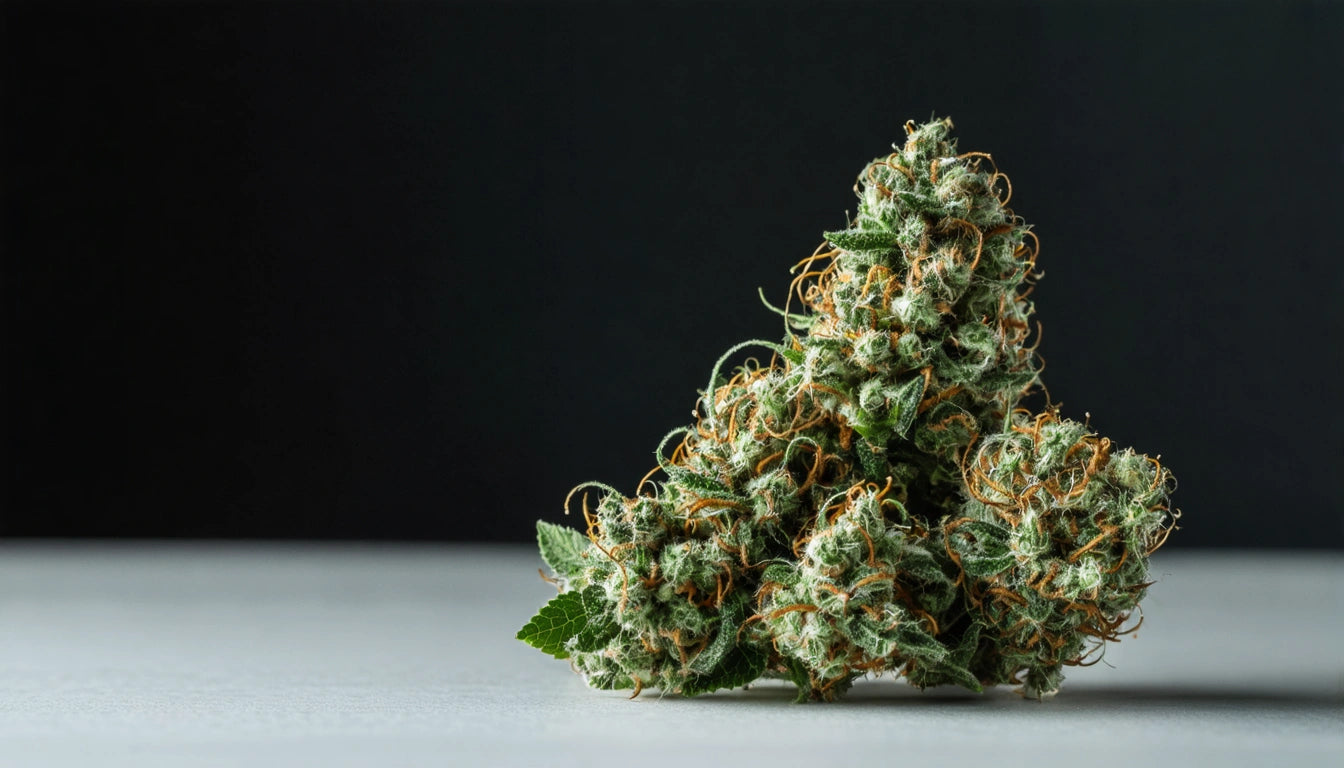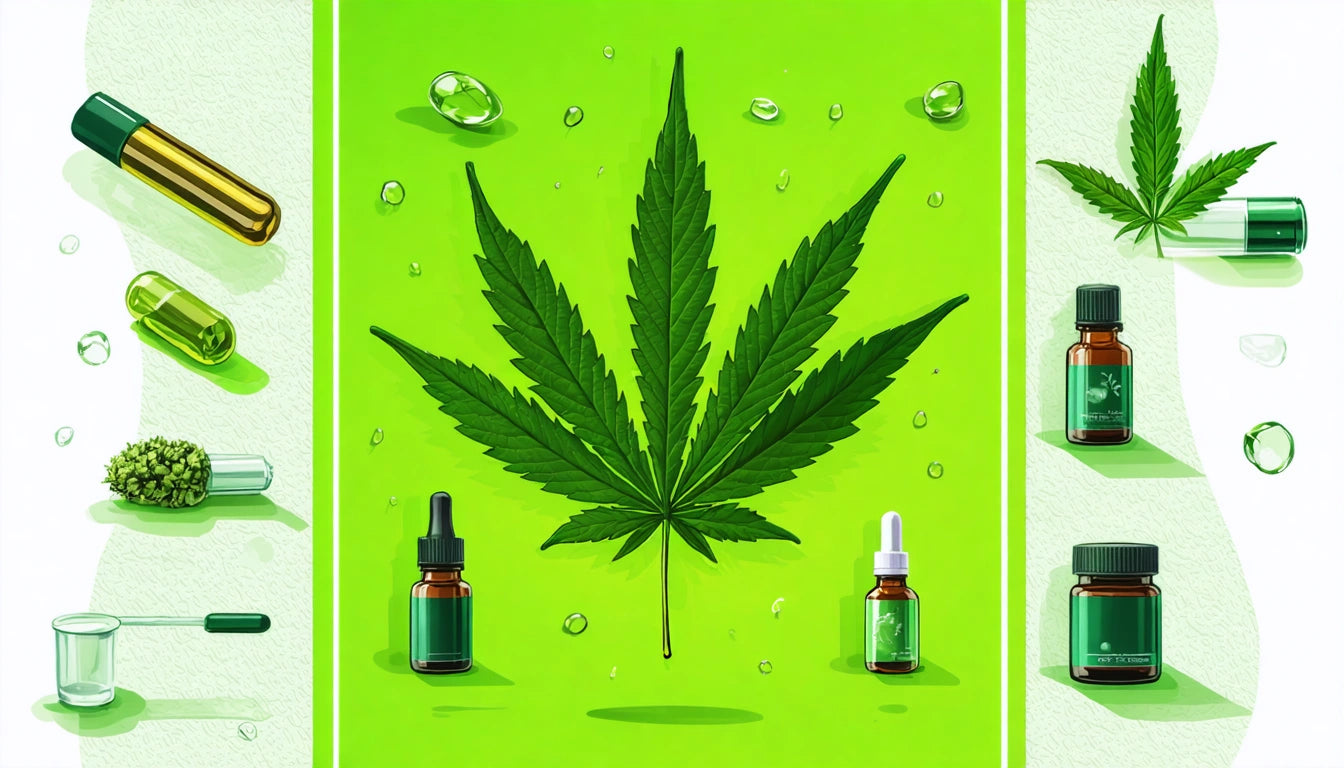Table of Contents
Can Cannabis Alleviate PTSD Symptoms?
Post-Traumatic Stress Disorder (PTSD) affects millions of people worldwide, with many patients seeking alternative treatments when conventional therapies fall short. Cannabis has emerged as a potential option for symptom management, with increasing anecdotal reports and preliminary research suggesting it may offer relief for some PTSD sufferers. This article explores the relationship between cannabis and PTSD, examining how and why cannabis might help with specific symptoms.
Understanding PTSD and Its Symptoms
PTSD is a psychiatric disorder that can develop after experiencing or witnessing a traumatic event. The condition is characterized by several symptom clusters:
- Intrusive memories (flashbacks, nightmares)
- Avoidance behaviors
- Negative alterations in cognition and mood
- Hyperarousal (heightened startle response, insomnia, irritability)
Conventional treatments include psychotherapy approaches like Cognitive Behavioral Therapy (CBT) and Eye Movement Desensitization and Reprocessing (EMDR), alongside pharmaceutical interventions such as SSRIs and SNRIs. However, these treatments don't work for everyone, leading many to explore complementary approaches like cannabis.
Current Research on Cannabis and PTSD
The scientific community has been investigating whether cannabis helps with PTSD through various mechanisms. The endocannabinoid system, which cannabis compounds interact with, plays a crucial role in fear extinction, emotional regulation, and stress response—all processes implicated in PTSD.
A 2020 study published in the Journal of Alternative and Complementary Medicine found that cannabis use was associated with a reduction in PTSD symptoms in 91% of their sample. Participants reported a 62% decrease in severity of symptoms after cannabis use.
However, research remains preliminary, with most studies being observational rather than controlled clinical trials. The FDA has not approved cannabis as a treatment for PTSD, though some states include PTSD as a qualifying condition for medical marijuana programs.
How Cannabis May Help PTSD Symptoms
Sleep Improvement
One of the most consistent findings is that cannabis may help with PTSD-related sleep disturbances. THC appears to reduce REM sleep, potentially decreasing the frequency and intensity of trauma-related nightmares. For many PTSD patients, achieving restful sleep represents a significant improvement in quality of life.
Anxiety Reduction
Cannabis, particularly strains high in CBD, may help reduce anxiety symptoms associated with PTSD. As explored in this article on weed and anxiety, cannabinoids can modulate anxiety responses, though effects vary based on dosage, strain composition, and individual factors.
Emotional Processing
Some research suggests cannabis might assist with emotional processing of traumatic memories. By temporarily altering how memories are recalled and processed, cannabis could potentially help patients contextualize traumatic experiences with less emotional intensity.
Risks and Considerations
While cannabis may help with PTSD symptoms for some individuals, important considerations exist:
- Dependency and withdrawal: Regular cannabis use can lead to dependence in some users
- Paradoxical reactions: Some people experience increased anxiety or paranoia with cannabis use, as detailed in this analysis of cannabis-induced paranoia
- Cognitive effects: Regular use may impact memory and cognitive function, which is particularly relevant for PTSD patients who may already experience cognitive challenges
- Medication interactions: Cannabis may interact with other medications commonly prescribed for PTSD
Safety considerations extend beyond personal health to household safety. For those using cannabis medicinally, proper storage solutions with child-resistant features are essential to prevent accidental access, especially in households with children or vulnerable adults.
Consumption Methods for PTSD Symptom Management
Different consumption methods may be more appropriate for specific PTSD symptoms:
- Inhalation (smoking/vaping): Provides rapid onset relief, potentially useful for acute anxiety or panic attacks
- Edibles: Offer longer-lasting effects, potentially beneficial for sleep disturbances
- Tinctures/oils: Allow for precise dosing and can be used sublingually for moderately quick onset
- Topicals: May help with physical tension or pain associated with hyperarousal states
The relationship between cannabis and mental health conditions is complex. Similar to marijuana's effects on depression, responses to cannabis for PTSD are highly individualized and context-dependent.
Future Directions in Cannabis PTSD Treatment
The field of cannabis research for PTSD treatment continues to evolve. Several promising developments include:
- Ongoing clinical trials examining specific cannabinoid formulations for PTSD
- Research into optimal THC:CBD ratios for symptom management
- Development of targeted cannabinoid therapies that maximize benefits while minimizing side effects
- Integration of cannabis into comprehensive treatment plans alongside therapy
As our understanding of both PTSD neurobiology and the endocannabinoid system improves, more targeted approaches may emerge. For now, those considering cannabis for PTSD should consult healthcare providers knowledgeable about both conditions, start with low doses, monitor effects carefully, and consider cannabis as one component of a comprehensive treatment plan rather than a standalone solution.
While cannabis shows promise for alleviating certain PTSD symptoms, its effectiveness varies significantly between individuals. The complex interplay between trauma, neurochemistry, and cannabinoid effects means that what works for one person may not work for another. As research advances, clearer guidelines may emerge for how cannabis can be most effectively and safely used as part of PTSD treatment.











Leave a comment
All comments are moderated before being published.
This site is protected by hCaptcha and the hCaptcha Privacy Policy and Terms of Service apply.